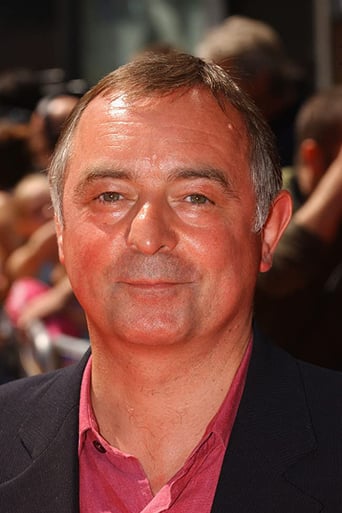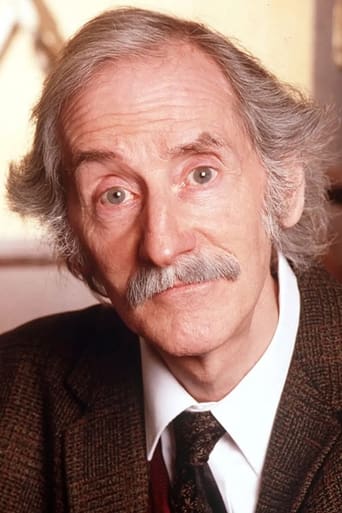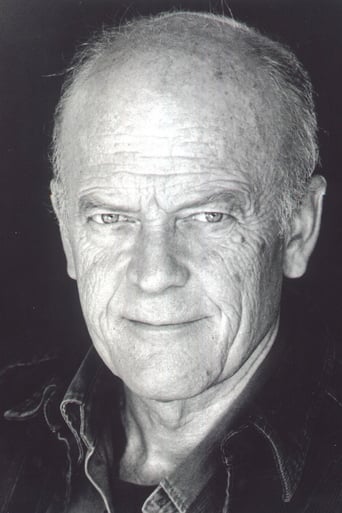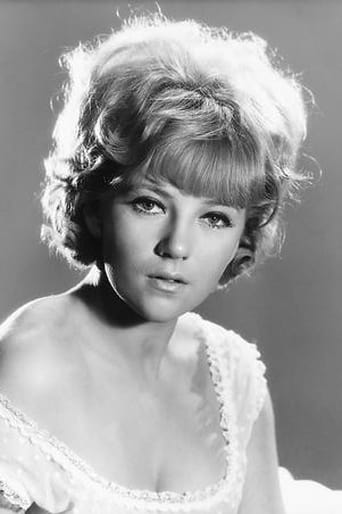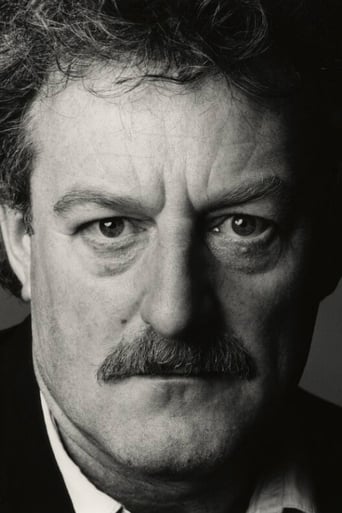VeteranLight
I don't have all the words right now but this film is a work of art.
JinRoz
For all the hype it got I was expecting a lot more!
Livestonth
I am only giving this movie a 1 for the great cast, though I can't imagine what any of them were thinking. This movie was horrible
Robert Joyner
The plot isn't so bad, but the pace of storytelling is too slow which makes people bored. Certain moments are so obvious and unnecessary for the main plot. I would've fast-forwarded those moments if it was an online streaming. The ending looks like implying a sequel, not sure if this movie will get one
thirdsqurl
As a fan of Richard III, I've seen every version produced. I still do not understand why anyone likes Laurence Olivier's version with its grim, heavy-handed performance. Ron Cook is the perfect Richard, upbeat and energetic, sly and humorous, delighting in his mission until the weight of his crimes begin to trouble his conscience. Jane Powell's direction, as she did with Henry VI parts I, II and III (my favorite of the series), keeps the action moving and the characters in sharp focus, especially King Edward, whose final speech is one you'll always remember. This is the Richard that Shakespeare wanted his audience to see, a man of a courage who loses control of his ambition.
bkoganbing
That period known in the 15th century as the War Of The Roses ended with the reign of Richard III who has come down to us through a well written play and a host of great actors playing one of the great Machiavellian villains of all time. Was Richard really as bad as all that. He was no saint, but he was living in a time when one of the few saints around was Henry VI of Lancaster and he paid as dearly for sainthood as Richard did for villainy.If you can get over the fact that Ron Cook who plays Richard III bears an uncanny resemblance to Dudley Moore, you will enjoy this BBC production of The Tragedy Of Richard III. Richard III in his time was called 'Crookback' because he was supposedly a hunchback though it never affected him on the battlefield, even his enemies conceded he was quite the man at arms. That was a bit of Tudor propaganda as spun by the court favorite William Shakespeare.The two roles that really make this production are that of Rowena Cooper as Elizabeth Woodville, the commoner who married Edward IV and bore him the two sons who were killed in the Tower in 1483. She spent a lot of time making sure her generous and indulgent husband took care of his many in-laws. She transforms remarkably as the Queen enjoying privileges to the distraught mother whose sons were taken and murdered, probably on Richard's wishes if not unwritten orders.One thing that should be clear. This incident with the murder of the child king Edward V and his brother Richard plays more shocking for today's audience than back at the Globe Theater in Shakespeare's day. People had an abundance of kids because the majority of them died before reaching their majority. And child monarchs mean regencies and regencies always mean court politics on steroids and dynastic challenges. People in those time need only look in Scotland to the north which had a series of child monarchs which weakened the realm so totally that it's only remedy was union with England which happened not long after people saw the first production of this play. And the three parts of Henry VI that led up to the events here began with an infant king and the struggles for power which turned into the War Of The Roses.The other female role that stands out is Margaret Of Anjou, late the Queen consort of Henry VI who singlehandedly for her husband and son kept the Lancastrian claims going. She was and is a controversial figure in English history still. Julia Foster played her in all the stages of her life in the three parts of Henry VI and in Richard III. Ironically enough this role was eliminated in Laurence Olivier's acclaimed big screen film of this play. But seeing it now that kind of diminishes Olivier's work somewhat. Foster is a bitter figure of passion, grief, and revenge in equal parts as she curses all the new Yorkist royalty and nobility and most especially Richard of Gloucester.For Richard it was a case of what went around really did come around for him.
Flash Sheridan
Unlike some of the earlier BBC plays in this tetralogy, this version of Richard III is reasonably well done and fairly watchable, though it suffers from some of the usual BBC efforts at trendiness. The last scene, which some of the favorable reviewers seemed to like, has nothing to do with Shakespeare, and is a crude attempt to undo Shakespeare's intended effect with his genuine last scene. But most of the text is present, unlike Olivier's or McKellen's versions, though this version is both less competent and less enjoyable than either. Most of the actors do reasonably well, and Ron Cook has grown in the role. Julia Foster is less dreadful as Queen Margaret here than in the earlier plays, but mercifully doesn't have many scenes, and doesn't manage to ruin most of the ones she does have. Peter Benson finally gets it right, and plays Henry VI considerably better dead than alive. Most of the minor actors are very good, though the role-doubling can be distracting. Until Mark Wing-Davey speaks, for instance, it was not at all clear to me that he was portraying a new character; but his accent eventually made that sufficiently clear.
nomorehandshakes
I love Shakespeare, both classically performed and the recontextualised adaptations of recent years, but this production, made with a large budget (British television-wise) with a talented director and a superb cast somehow manages to fail spectacularly to bring Shakespeare's classic play to life. I would not envy Jane Howell's task of directing Richard III using the (almost) complete text as a shooting script, but I think she could have approached it in a more imaginative fashion, making better use of television conventions. Save for the close-up and the shot-reverse shot technique, Howell prefers to display what is simply "Filmed Theater", with a set that offers little to a medium as visual as television. The performances, though excellent, don't really come across with the power and passion they no doubt would in the theater, and the end result is a four hour long dirge that does no credit to Shakespeare's sharp and vibrant play.
